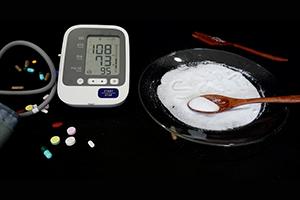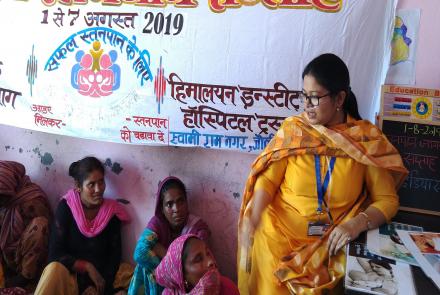
This time in our Health by Numbers/Medical Tests series, Dr Shital Raval takes a look at the importance of Chloride levels in the electrolyte panel.
Read the first part on Sodium Levels and second part on Potassium Levels
An electrolyte panel is a blood test that measures the common minerals in the body such as sodium, calcium, chloride, magnesium, phosphorous, and potassium. Electrolytes are essential for the proper functioning of the heart, muscles and brain as they are needed to maintain balance in the body fluids. An electrolyte panel blood test is sometimes ordered as part of a regular health check or to check on any electrolyte changes.
CHLORIDE:
Chloride or Cl is an electrolyte that helps keep the acid-base balance in the body and fluid levels. It also aids in maintain pH levels and healthy blood pressure and blood volume. Most chloride comes from salt (NaCl) that is consumed. The serum chloride test is often part of the electrolyte panel to evaluate kidney and liver function.
*The normal range for blood chloride is between 96 to 106 milliequivalents per liter of blood (mEq/L).
High level:
A blood chloride level above normal is called Hyperchloremia. Causes include:
- Glaucoma drugs called Carbonic anhydrase inhibitors
- Metabolic or renal acidosis, where there is excess acid production or less acid excretion by the kidneys.
- Respiratory alkalosis when there is less CO2 in the blood.
- Bromide poisoning.
A blood chloride levels below normal is called Hypochloremia. Causes include:
- Cardiac failure
- Loss of bodily fluids due to vomiting, diarrhea or sweating.
- Metabolic alkalosis when the tissues become alkaline.
- Respiratory acidosis where the lungs are unable to remove excess CO2 from the body.
- Addison’s disease, where he adrenal gland do not produce enough hormones (such as cortisol and aldosterone etc).
Read the first part on Sodium Levels and second part on Potassium Levels















